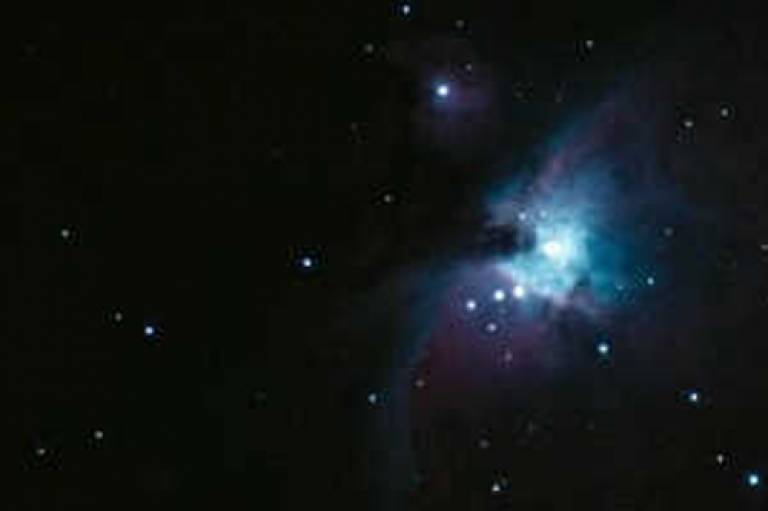Observing extra-solar planets
In 2008/09 the Astrophysics department applied for funding to facilitate the participation of undergraduates in a collaborative research project.

11 September 2013
The discovery of hundreds of planets orbiting stars similar to our own sun is a fairly new one. By studying these planets we can find further clues to the formation of our own.
A range of undergraduates across several year groups took part in an extra-curricular research project centred on observing transit events of extra-solar planets.
The observations resulted in a huge scientific result - the first detection of the transit of an unusual extra-solar planet (HD 80606b). It was an amazing discovery, especially as it used ULO's smaller telescopes, and it generated a significant amount of media coverage.
Undergraduate students conducting real research
This project was particularly exciting for junior undergraduates as the opportunity to directly engage in research is not usually realised until their final year project.
They were able to share ownership in the research process, the results, and the published works that emerged which gave them a deeper appreciation and enthusiasm for real research.
Encouraging collaboration across year groups and with staff
The project was extremely successful in:
- promoting interaction between year groups through the sharing of knowledge and expertise;
- working as a team; and
- using web technologies to share information and schedule observations.
They have even created their own research group known as Exocafe (Exoplanet characterisation and follow-up experiment).
It has also helped to break down barriers between students and staff, with staff seen as more accessible and students empowered with a sense of ownership over the project.
Continuing the project
The project still continues with plans for an upgrade of the telescope system to facilitate unattended (robotic and remote) observation. This will allow a wider number of participants and further exploration of new technology.
 Close
Close

